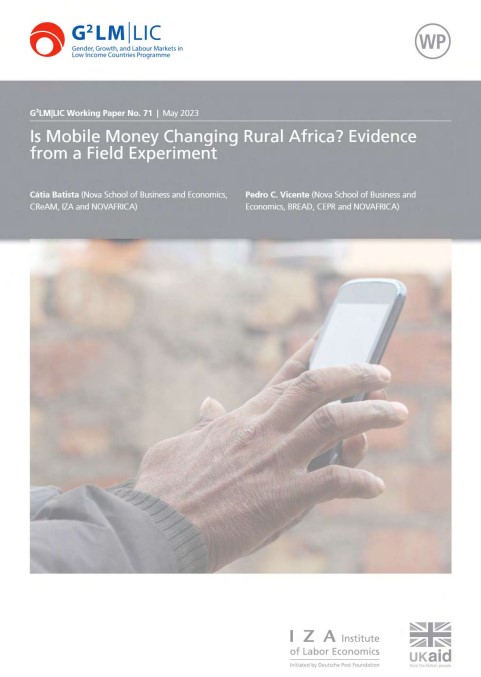
A new study has shed light on the potential of mobile money to accelerate urbanisation and structural change in Sub-Saharan Africa. The study, conducted in Mozambique, builds on a growing body of literature that highlights the role of mobile money in reducing transaction costs and improving financial inclusion in developing countries.
The goal of the study was to measure the impact of mobile money on migration, remittances, and welfare among rural households. Following the introduction of mobile money for the first time in rural villages of Mozambique using a randomized field experiment, the authors show that mobile money had a significant positive impact on out-migration and remittances among rural households by reducing transaction costs. The latter effect was particularly strong during times of negative aggregate and idiosyncratic shocks, suggesting that mobile money can help households cope with unexpected events.
Consistently with these results, the study also found that when rural households had access to mobile money and received money from migrants, they increased their welfare and consumption spending. They also suffered less from hunger and improved their health and education outcomes. Overall, these findings have important policy implications for governments and development organizations seeking to promote financial inclusion and reduce poverty in rural areas through mobile money services. By reducing transaction costs and improving risk-sharing, mobile money has the potential to improve welfare outcomes for millions of people living in remote areas across Sub-Saharan Africa. Read the detailed Working Paper here.